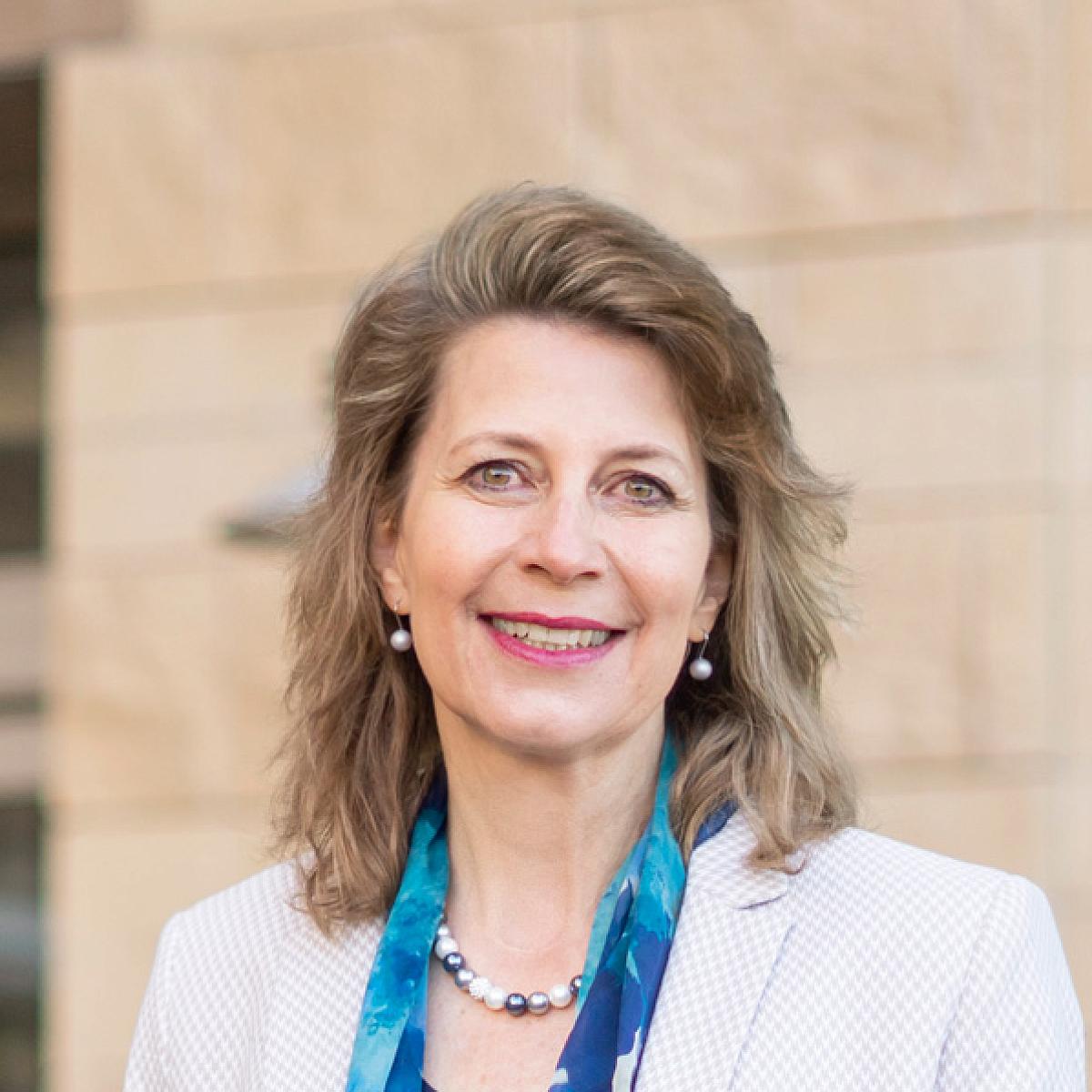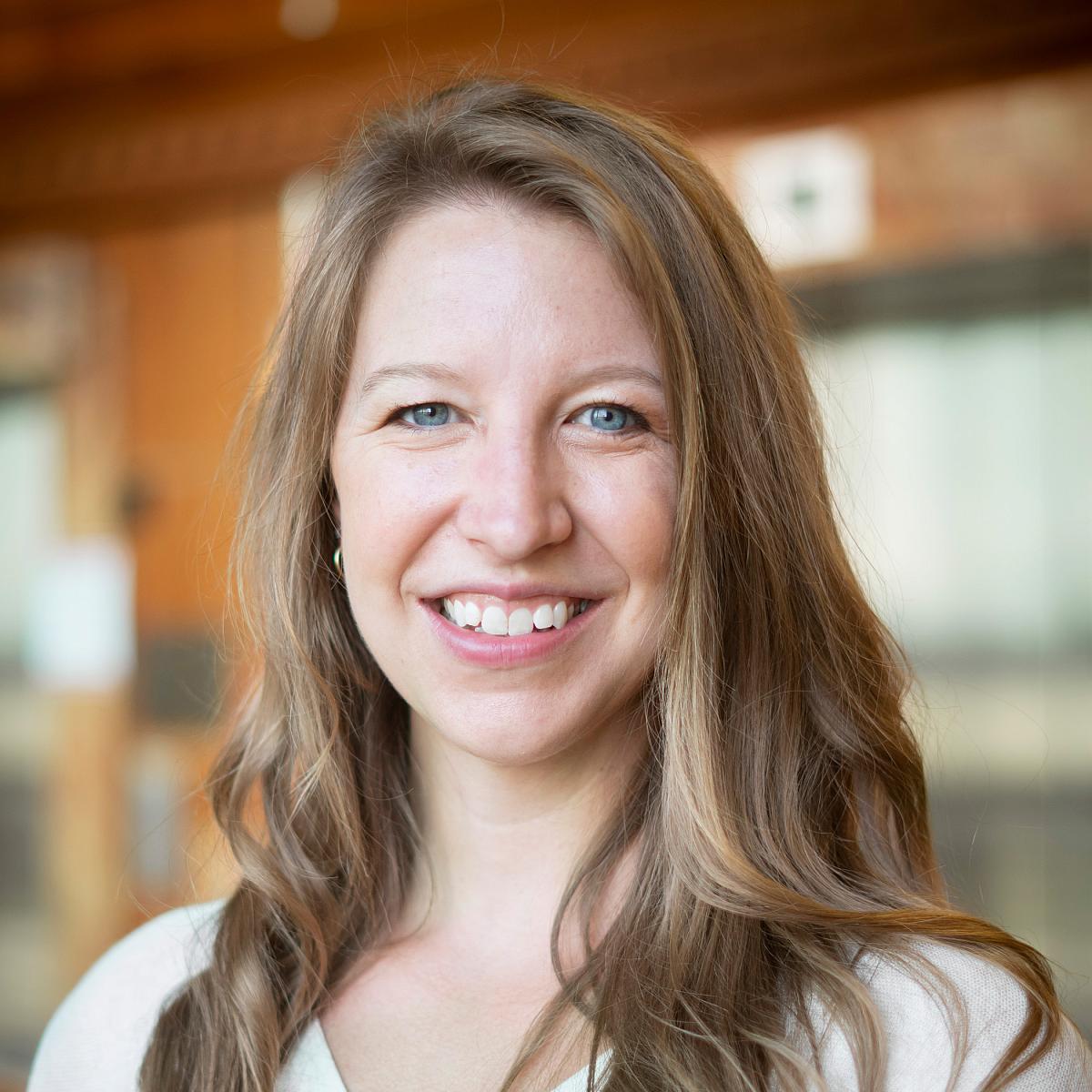
Overcoming Distance as a Disparity & Other Inequities in the Area We Serve

About 50% of cancers can be prevented through healthy behaviors and cancer screening. Yet the ability to access quality care is a key component in determining cancer risk and outcomes. So are economics.
In the United States, the poverty level for a family of four is defined by an annual income of $30,000 or less. “Unfortunately, people living in poverty have a far greater likelihood of getting almost every type of cancer,” says David Wetter, PhD, senior director of cancer health equity science and director of the Center for Health Outcomes and Population Equity (HOPE) at Huntsman Cancer Institute. “It’s critical to eliminate this inequity if we are to meaningfully reduce the pain and suffering due to cancer.”
Huntsman Cancer Institute is committed to understanding cancer and using that knowledge to improve care for everyone in our designated area of service, the Mountain West—a vast region that includes all of Utah, Idaho, Montana, Nevada, and Wyoming.

“These rural, frontier, and diverse populations face major challenges in cancer prevention and care,” says Neli Ulrich, PhD, MS, chief scientific officer and executive director of the Comprehensive Cancer Center at Huntsman Cancer Institute. “We view the area we serve with a deep sense of responsibility and are committed to designing, implementing, and delivering strategies to reduce the burden of cancer across all communities.”
In 2023, the Center for HOPE, in partnership with the Montana State University Center for American Indian and Rural Health Equity (CAIRHE), received a multimillion dollar grant as part of the National Cancer Institute’s Persistent Poverty Initiative. Funding will support two major projects, called HOPE and CAIRHE 2gether.

Chelsey Schlechter, PhD, MPH, is a researcher at Huntsman Cancer Institute and assistant professor of population health sciences at the University of Utah. Her project will address social and economic factors in Utah that relate to tobacco use. Tobacco usage greatly increases the risk of cancer and is heavily concentrated in areas where people experience poverty and are medically uninsured.
Emily Tomayko, PhD, RD, is a CAIRHE researcher and assistant professor in health and human development at Montana State University. Her project will address environmental and economic factors related to obesity and increased cancer risk in Native American populations across four Mountain West states. This project utilizes Turtle Island Tales, a culturally tailored, home-based wellness program to reach families and educate them through recipes, activities, videos, and more.

“HOPE and CAIRHE 2gether establish the foundation to address poverty as a fundamental cause of cancer-related health inequities across Montana and Utah, as well as additional states,” says Ulrich. “We are thrilled about this important new partnership and the potential it has to improve health in communities more at risk.”